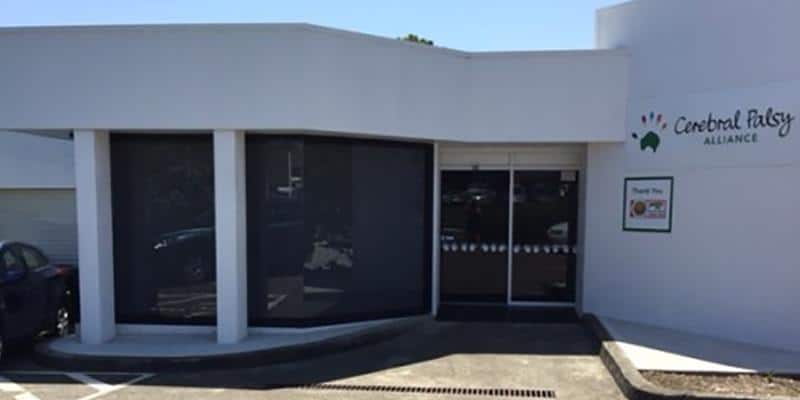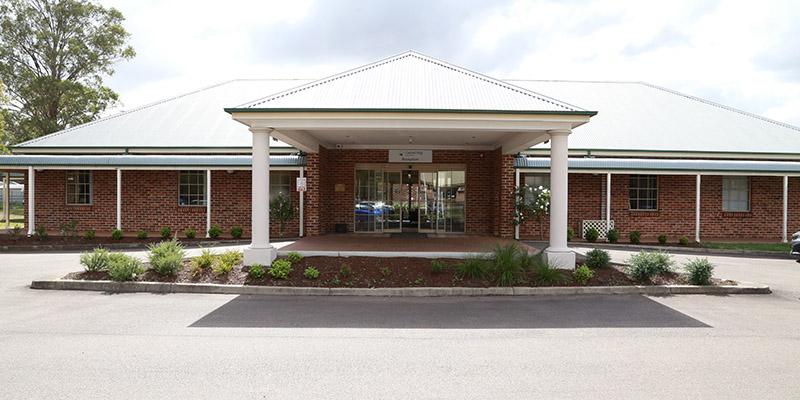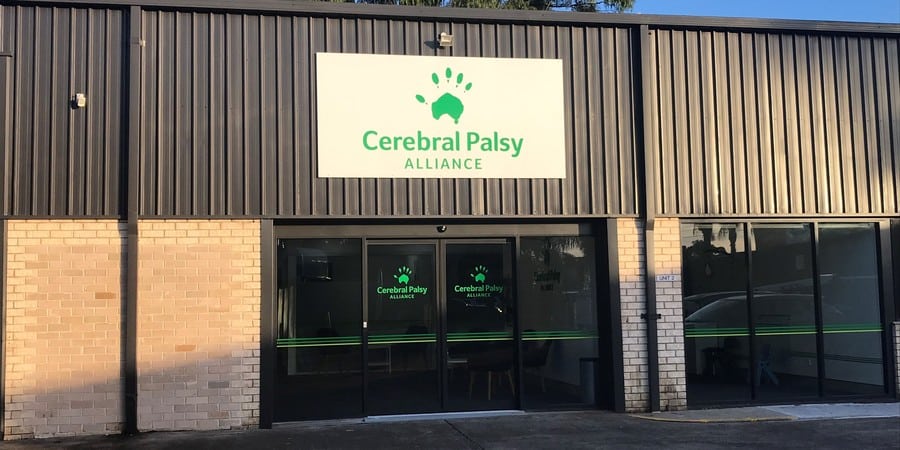The AAC (Alternative and Augmentative Communication) Day Out offers kids and teenagers the opportunity to enhance their communications skills through the functional use of their AAC system.
The program provides a motivating, enjoyable and social group environment for participants to model and observe the use of AAC devices in different scenarios and environments. Kids and teens develop specific skills training for the AAC user and their communication partners in a group setting.
Contact us directly or complete the form below to enquire.
Improve AAC capability including:
Contact us directly or complete the form below to enquire.



This service can be funded by your NDIS package
"*" indicates required fields
We will respond as soon as possible, between Monday-Friday 9:00am - 5:00pm
Infants 12 months or younger are eligible if they have the following:
Risk factors include (but not limited to) prematurity, birth defects, genetic conditions, intrauterine growth restriction, hypoxia-ischaemia, seizures, neonatal stroke, infection
This might include abnormal General Movements, very low scores on standardised assessment (e.g. below 10th percentile on AIMS), poor head control after 3 months, hand asymmetry after 4 months, not able to take weight through feet after 5 months, not sitting at 9 months.
Priority will be given to infants who have not previously seen a neurologist.
Infants 12 months or younger are eligible if they have the following:
Risk factors include (but not limited to) prematurity, birth defects, genetic conditions, intrauterine growth restriction, hypoxia-ischaemia, seizures, neonatal stroke, infection
This might include abnormal General Movements, very low scores on standardised assessment (e.g. below 10th percentile on AIMS), poor head control after 3 months, hand asymmetry after 4 months, not able to take weight through feet after 5 months, not sitting at 9 months.
Priority will be given to infants who have not previously seen a neurologist.